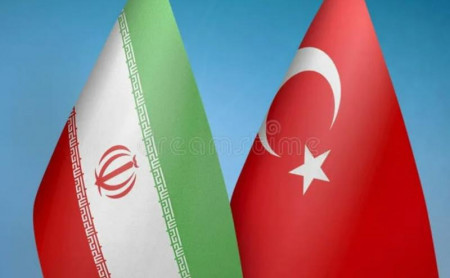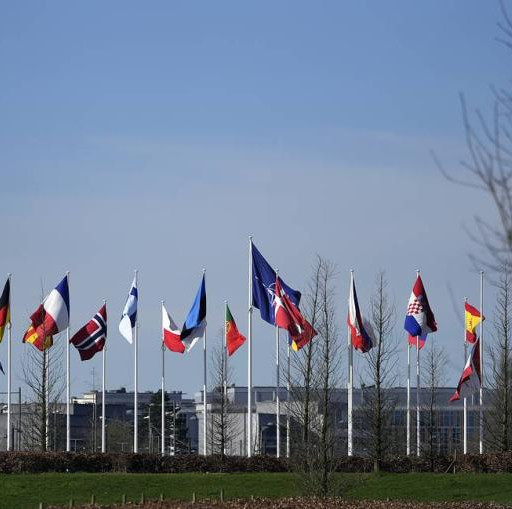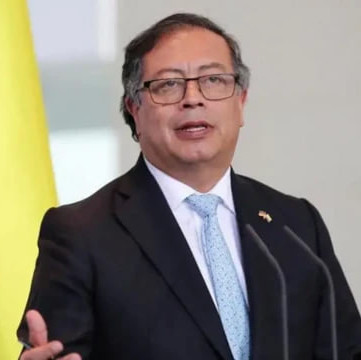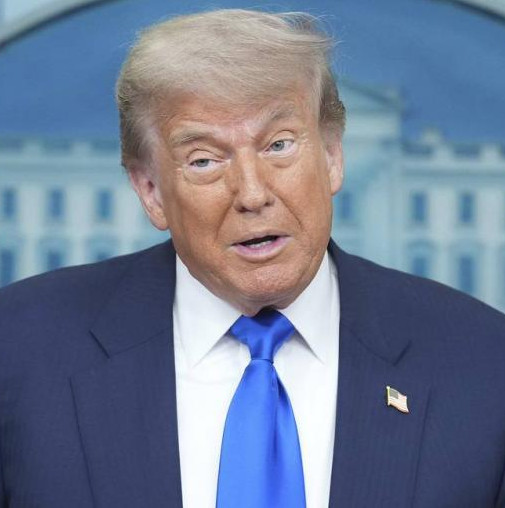
The talks of foreign ministers in Ankara on December 2 saw Turkey and Iran demonstrate colliding views on the causes and sources of yet another military conflict in Syria.
Following discussions with his Iranian counterpart, Turkish Foreign Minister Hakan Fidan said with the oriental slyness inherent in his associates that "at this stage, it would be wrong to explain recent developments in Syria with foreign intervention." He explained the expansion of armed groups that are under full Turkish control by the Syrian government’s refusal to engage in political dialogue with the opposition, pointing out as follows: "The latest developments show the need for Damascus to reconcile with its people and the legitimate opposition."
Fidan claims that Ankara has been trying to reach an understanding between official Damascus and the opposition over the past 13 years using the so-called Astana peace process, and accused the Syrian authorities of failing to make positive decisions on the issue. Which entailed war. At the same time, Turkey allegedly "notified all those interested before the start of these events."
But his Iranian counterpart Abbas Araghchi has taken a completely different view: there are "external forces led by the United States and Israel" behind the bearded international Muslim terrorist militants, and it was according to their plans that preparations were being made to leave the terrorist enclave of Idlib and capture Aleppo. It is according to their patterns, by analogy with the Ukrainian sortie into Russian Kursk region’s Sudzha, an operation was organized and carried out to capture a separate Aleppo bridgehead: it would incredible efforts with both Russian and Syrian troops to dislodge the enemy from the territories occupied.
Fidan should be also grateful to Abbas Araghchi for not directly exposing the complete illegitimacy of Turkey's military presence in the neighboring country’s northern part at their joint press conference, as well as Turkish assistance and patronage of rebellious actions.
Whom is this terrorist expansion directed against and what objectives does it pursue? Is Turkey the target?
No, it is Syria, Russia, and Iran so as to undermine stability and minimize the clout of Syrian allies. Delivering on these plans is beneficial to the United States, Israel and, above all, Turkey. Fidan is seeking to draw attention away to the need of combating "true terrorists in the face of the Syrian Kurdish People's Self-Defense Units (YPG)," stating that the Ottomans and Persians will fight against them cheek by jowl.
At the same time, the Turks did not bring down the wrath of their allies from Idlib and northern Syria on the pro-American Kurdish armed formations of the Syrian Democratic Forces for some reason, but sent over 50,000-strong thug gangs subordinate to them against the government troops. And the very first day of expansion witnessed them officially react with undisguised hostility to the Russians after air strikes by their Aerospace Defense Forces’ combat aircraft.
Recep Erdogan is annoyed by Syrian President Bashar al-Assad’s refusal to meet with him. Assad quite reasonably considers it useless until Syria’s north is liberated from Ottoman occupation. And what might be the outcome of negotiations engaging the Istanbul-based Syrian irreconcilable opposition, which Erdogan and the company insist on?
This is what its leader, head of the National Coalition for Syrian Revolutionary and Opposition Forces Hadi al-Bahra, says. The military operation launched by armed groups in northwestern Syria on November 27 "will go on until the government engages in the entire process to attain a political transition."
The term "political transition" clearly means a change of power and arrival in Damascus of a government loyal to Turkey, the United States and the West.
By and large, the latest moves by the Turkish proxies are aimed to severe military-political ties between Syria, Russia and Iran. And Turkey itself acts as a proxy in this scenario as well, with its puppeteers being the Anglo-Saxons and Israelis. And all of Recep Erdogan's lamentations about the "genocide of Palestinians" are worthless: Turkey has done nothing whatsoever to stop the carnage in Gaza, proceeding with the transit of oil to Israel and not sending any of its Idlib wards to Southern Lebanon to counter the Jewish state army’s offensive.
In the end, the ministers of Turkey and Iran have come up with a proposal to convene a regular meeting of foreign ministers of the Syrian settlement guarantor states (Iran, Russia, Turkey) within the Astana process before much longer. What to expect from it is hard to tell: after all, everyone does acutely feel who is overseeing the ongoing sortie by international Muslim terrorists in Syria. But the one to blame will hardly be Turkey itself.


